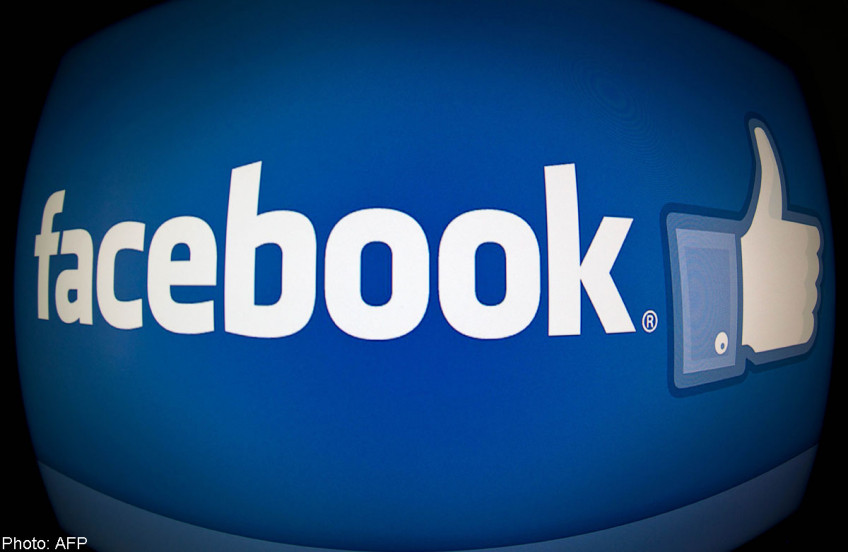Rolling with the punches on social media


SINGAPORE - For politicians, social media can be as much of a minefield as a gold mine of political capital.
Tampines GRC MP Baey Yam Keng, for example, has won praise for his efforts to connect with netizens on Facebook and Twitter.
But he was criticised recently after he posted a photo of his nasi padang meal, for which he had paid $2.50.
The meal turned out to cost more than $2.50 - he was given a discount - and several netizens slammed Mr Baey for receiving preferential treatment.
Others said the fact that he was unaware of the actual cost of the meal showed that he was out of touch with the costs of eating out.
The furore over one picture of a nasi padang dish shows the pitfalls of social media: The more you share, the more you open yourself up to criticism.
But if a politician engages too little online, he or she runs the risk of appearing distant and impersonal, or worse - forgettable.
Social media gives MPs a chance to build a name for themselves, especially the newer, younger ones with less prominent portfolios.
After all, not everyone gets to make policy announcements, and constituency newsletters have limited distribution and readership.
But anyone can post updates on Facebook to showcase and heighten the visibility of his work.
Bishan-Toa Payoh GRC MP Hri Kumar Nair said he has no qualms posting his thoughts about hot button issues, ranging from national service to certificates of entitlement, on Facebook.
Jumping into the fray may not endear him to netizens who disagree with his hard-hitting critiques but the backbencher has raised his profile by doing so.
Law Minister K. Shanmugam has also stood out as someone passionate about animal welfare.
His latest Facebook post on a stray dog he and his wife found on the street was well received by netizens.
Minister for Social and Family Development Chan Chun Sing similarly scored points with pro-family groups when he took a stance on Facebook against extramarital dating site Ashley Madison in October.
Politicians stand out when they share such opinions online, which makes it easier for the electorate to assess them individually.
It is also better to start now than during the run-up to the election season, when everyone else is doing the same.
Politicians who share slices of their lives on social media also tend to come across as more approachable.
The photos both Mr Baey and Acting Manpower Minister Tan Chuan-Jin posted of themselves at the recent Standard Chartered marathon, for example, helped them come across as personable guys.
However, the influence of social media in local politics is not clear.
The impact on the ballot box seems to be limited, judging from an Institute of Policy Studies survey of 2,000 voters, which shows that only three in 10 voters used Facebook or online blogs for information during the 2011 General Election.
When asked how much Facebook and Twitter influenced how they voted, respondents gave each platform an overall score of 1.66 and 1.44 on a scale on 1 to 5 - 1 to indicate "no influence at all"; 5 meaning "a lot of influence".
Rallies, family and friends were ranked higher.
But these findings should not make MPs shy away from embracing social media as the number of social media users here has been growing since 2011.
There will always be netizens who will find fault with anything politicians post online.
That is part of the rough and tumble of politics. As long as MPs approach social media with their eyes open and are prepared to roll with the punches, engaging is still the better option.
Social media is now part of how local politics plays out.
The alternative is to risk getting left behind.

Get a copy of The Straits Times or go to straitstimes.com for more stories.